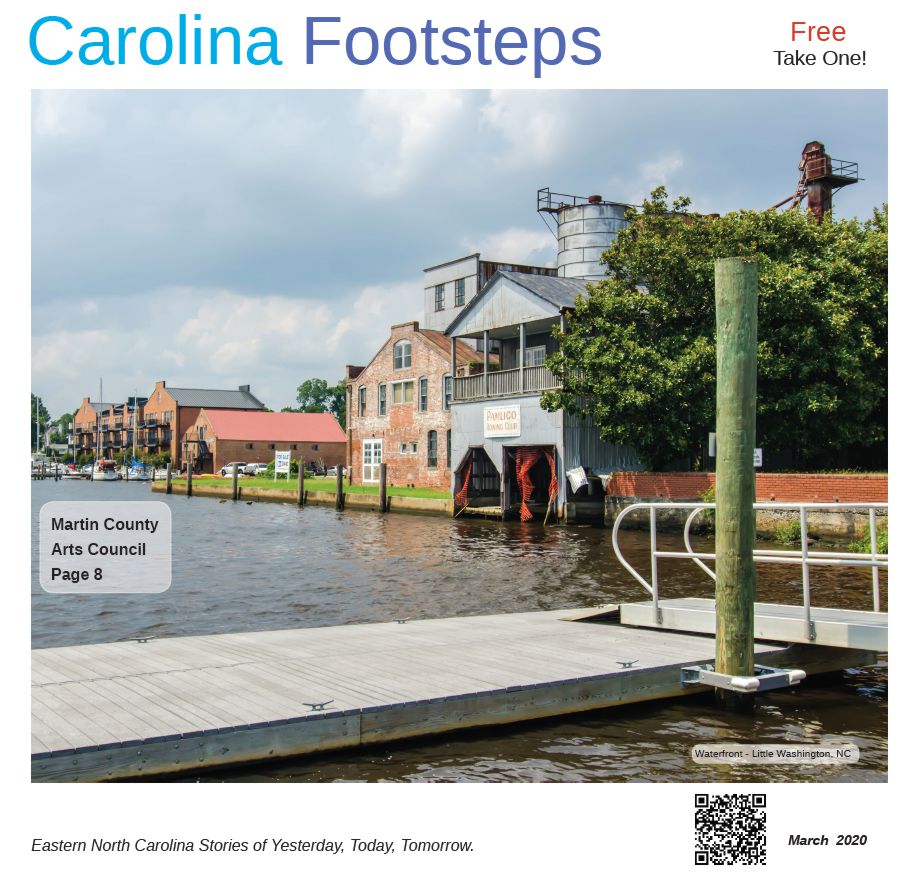One of the
things I promised myself when we moved to a smaller house was that I
would FINALLY go through papers that had conveniently ended up in
boxes to be dealt with at a later date. That date had arrived. One
box had some century old deeds I had totally forgotten about. The
intriguing part was the 50 cent documentary stamp issued by the
United States Inter. Revenue Series of 1898. I was unfamiliar with
the purpose of this particular stamp and in researching it,
discovered that it was put in place to fund the Spanish-American War
in 1898.
Cuba was at war
with Spain and had been trying to gain its independence since 1895.
In January of 1898 the USS Maine was sent to Havana Harbor to protect
U. S. interests in Cuba. Three weeks later an explosion sank the
Maine resulting in the death of 261 of the 355 members of the ship’s
crew. The outcry from powerful American newspapers with headlines
such as “Remember the Maine” eventually forced President William
McKinley to ask for and receive a declaration of war against Spain.
Various investigations have placed blame for the explosion on two
very different conclusions – the Spanish or an internal explosion
unrelated to the war. As wars go it ended pretty quickly, ten weeks,
with approximately 300 Americans killed. About 2000 died from
disease as yellow fever and malaria took an exacting toll.
Over 70,000
American troops assisted 53,000 Cuban and 40,000 Filipino rebels
against over 200,000 Spanish troops. Future President Teddy
Roosevelt and his “Roughriders” Volunteer Cavalry gained
particular notoriety during this war. All four of the Army’s
“Colored” regiments were deployed for this war. The American
military kept a presence in Cuba which became official through the
Platt Amendment of 1901 and the Cuban Constitution in 1902 granting a
permanent American naval base known as Guantanamo Bay. It is
interesting that the Treaty of Paris which ended the war ceded Puerto
Rico, Guam and the Philippine Islands to the United States.
The
Internal Revenue Service came to be as the result of another American
war – the Civil War. This definition from Ancestry.com’s
collection U. S. IRS Tax Assessment Lists describes its creation:
“On
July 1, 1862, Congress passed the Internal Revenue Act, creating the
Bureau of Internal Revenue (later renamed to the Internal Revenue
Service). This act was intended to “provide Internal Revenue to
support the Government and to pay interest on the Public Debt.”
Instituted in the height of the Civil War, the “Public Debt” at
the time primarily consisted of war expenses. The Internal Revenue
Act also established the Office of Commissioner of Internal Revenue
and allowed the country to be divided into collection districts, of
which assessors and collectors were appointed.”
I
became familiar with these records when I ordered microfilm of them
for the Pasquotank library’s collection. Some examples from my
husband’s Currituck ancestors are as follows:
Andrew
Hampton, Churches Island district, 1 vehicle, $100 valuation, rate of
tax 1, amount of tax $1, total $1
Thomas
G. Munden, Courthouse district, 1 vehicle, $75 valuation, rate of tax
1, amount of tax $1, total $1
Harriet
Nicholson, Courthouse district, 1 vehicle, $50 valuation, rate of tax
1, amount of tax $1, total $1
Wilson
Walker, Courthouse district, 1 vehicle, $50 valuation, rate of tax 1,
amount of tax $1, total $1
Benjamin
F. Simmons, Courthouse district, 1 Piano, $200 valuation, rate of tax
2, amount of tax $2, total $2 and Benjamin also had a gold watch
1 Gold Watch, $80 valuation, rate of tax 1, amount of
tax $1, total $1
These
records are available on line at Ancetry.com or if you are near
Elizabeth City, they are housed in thePasquotank Library’s
microfilm collection. As we get ready to prepare our taxes and find
paying taxes interesting today, for those Southern counties captured
by the North early during the Civil War taxes must have caused more
than one heated discussion around the dinner table!
Northeast North Carolina Family History – Wars and Taxes…
 Reviewed by kensunm
on
7:00:00 PM
Rating:
Reviewed by kensunm
on
7:00:00 PM
Rating:
 Reviewed by kensunm
on
7:00:00 PM
Rating:
Reviewed by kensunm
on
7:00:00 PM
Rating:







No comments: